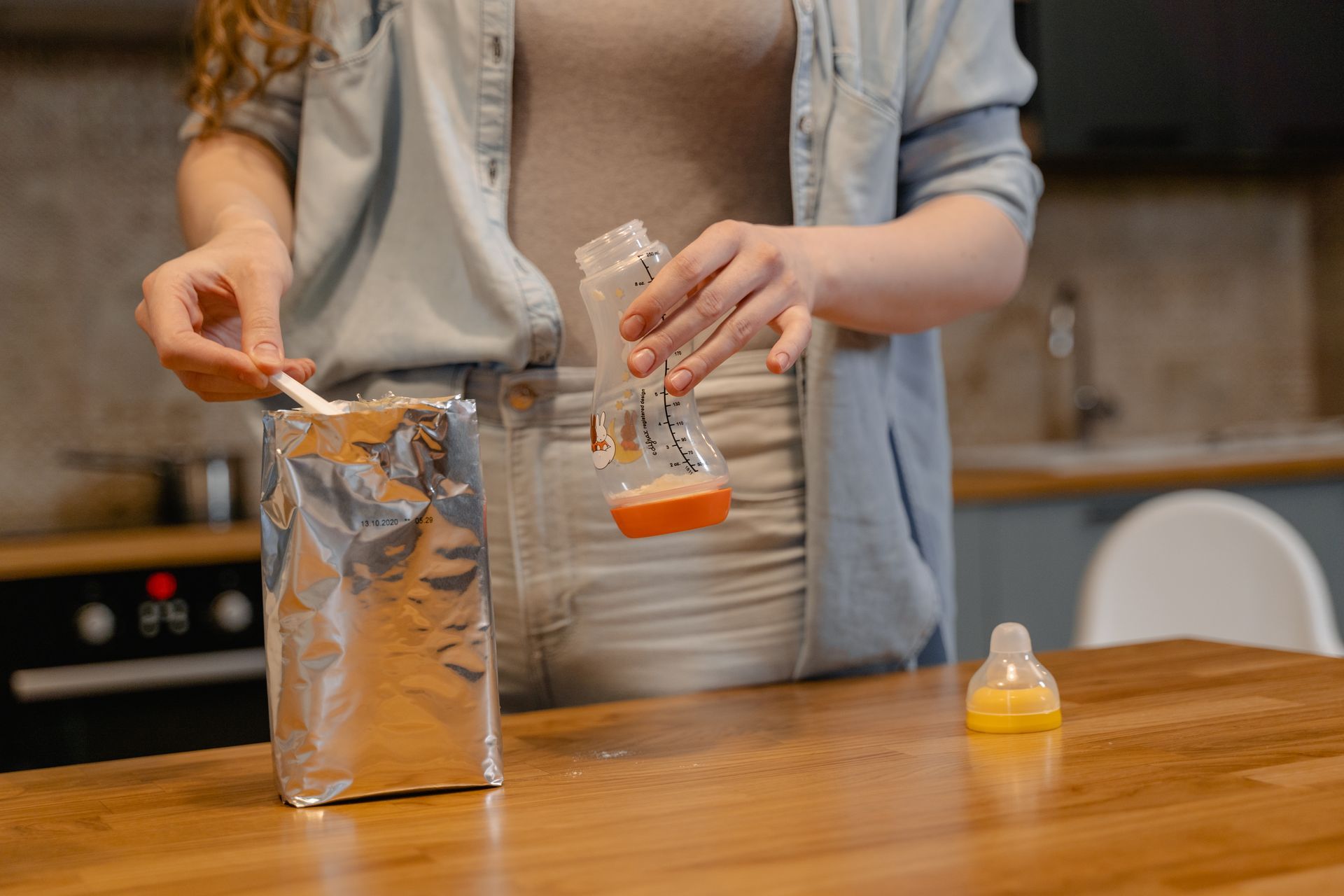Pediatric Dentistry
Early Orthodontics
As your child grows, it is important to monitor their oral growth, too. At A Kidz Dentist, our pediatric dentists are trained to identify abnormal growth or development patterns that could lead to future problems, such as crossbites and impacted teeth. If any problems are identified, Dr. White, Dr. Lance, or Dr. Dryden can provide personalized treatment plans to correct issues or prevent them from arising. By providing early orthodontics, our dentists can help ensure that your child avoids major corrective procedures or surgery later in life. We invite you to contact our office at (970) 879-7976 to learn more and to schedule your child’s appointment today!
The childhood and teenage years are a great time for orthodontic treatment. The American Association of Orthodontists recommends that a child receives their first orthodontic screening by the age of seven years, and we encourage you to bring your child to our office by this age to evaluate their need for orthodontic treatment. When we are able to start treatment early, we can often detect and correct potential problems before they become more serious. This can save you and your child time, as well as money.
Early orthodontic treatment is advantageous because a young child’s teeth have not finished erupting; this allows us to guide their
eruption and address any problems at the earliest possible stage. Whether your child needs removable or fixed appliances, early orthodontic treatment can help to:
- Provide more room for crowded erupting teeth
- Preserve space for teeth that have not yet erupted
- Create facial symmetry by manipulating jaw growth
- Reduce the possible need for tooth extraction
- Reduce the overall treatment time
Teeth-Friendly Diets For Children
The things that your child eats and drinks will affect the health of their teeth. With sugars, starches, and acids, bacteria can thrive and cause tooth damage and decay. To help protect your child’s teeth, Dr. White, Dr. Lance, and Dr.
Dryden offer counseling for teeth-friendly diets for children in Craig and Steamboat, Colorado; they will help you know which foods are okay for oral
health and which to avoid. Contact us today at (970) 879-7976 to set up your appointment with our pediatric dentists!
Here are some tips:
- For snacks, give your child fruits and vegetables instead of carbohydrates or sticky foods. The best choices are fruits and veggies with high water volume, such as celery, pears, cucumbers, and melons. When your child eats sticky or sugary foods, like granola bars, raisins, or bananas, be sure to brush their teeth right after eating.
- If you feed your child treats, offer them during mealtimes instead of as a snack.During meals, the saliva flow increases, which helps wash away food particles and sugar that would otherwise stick around for bacteria to feed on.
- Encourage your child to eat as few snacks throughout the day as possible. Eating 1 or 2 snacks is okay, but frequent eating prevents saliva from washing away leftover food between meals. This provides bacteria with a constant fuel source, which can lead to plaque buildup and tooth decay (cavities). When possible, brush your child’s teeth after he or she eats a snack.
- Do not put your baby to bed with a bottle of milk, juice, soda, or formula. These drinks have high sugar contents, and if your child leaves the bottle in their mouth as they sleep, it can lead to a condition known as baby bottle tooth decay.
- Instead of giving your child sugary drinks, offer them water. Drinks like juice, chocolate or regular milk, and soda are okay in moderation, but water helps to wash away sugars that would otherwise stick to your child’s teeth.



Behavior Management Techniques
Our team at A Kidz Dentist understands that some children may be nervous about visiting the dentist, and we want to help each patient feel safe, comfortable, and relaxed during their visit. To help your child remain calm during their treatment, our pediatric dentists are trained to perform a series of behavior management techniques. They also work with a child psychologist who can offer additional assistance.
We know that each child is unique, and we are dedicated to providing personalized care. Your child may feel nervous about going to the dentist due to reasons such as:
- General or situational anxiety
- Mental or physical disability
- Developmental delay
- Fear (such as a fear of dentists, lack of control, and potential pain)
- Acute or chronic disease
- Unpleasant dental or medical experiences in the past
- Lack of preparation for upcoming procedures
- Linguistic or cultural differences
Dr. White, Dr. Lance, Dr. Dryden and their team want to ensure that your child has a comfortable and positive experience at our office. If you have any questions about how we can help your child feel calmer about their treatment, please contact us today at (970) 879-7976
Our pediatric dentists and team are here to help your child feel comfortable, regardless of their situation. We are trained to accurately assess your child’s level of development, temperament, and attitude towards dentistry to help us anticipate their reaction to their treatments. Depending on each child’s unique needs, our team will utilize one or multiple of the following behavior management techniques to help your child feel calm, relaxed, and safe during their appointment:
- Tell, Show, Do: In this technique, we will explain the procedure; demonstrate the procedure using visual, verbal, and tactile aspects; and perform the procedure in the same manner as the explanation and demonstration.
- Ask, Tell, Ask: Our doctors will ask your child how they feel about an upcoming treatment. They will then explain the procedure and make certain that your child understands what will happen during the treatment.
- Voice control: This technique includes controlling tone, pace, and volume.
- Distractions: Distractions may include taking breaks or having various conversations during the treatment.
- Positive reinforcement: In this technique, our team will reassure your child that they are doing well, with descriptive, specific praise on how well your child cooperated.
